This website uses cookies so that we can provide you with the best user experience possible. Cookie information is stored in your browser and performs functions such as recognizing you when you return to our website and helping our team to understand which sections of the website you find most interesting and useful. For more information on how we use and store data, please see our Privacy Policy
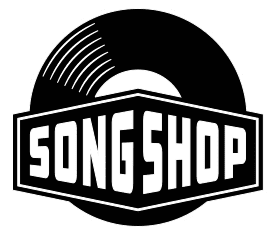
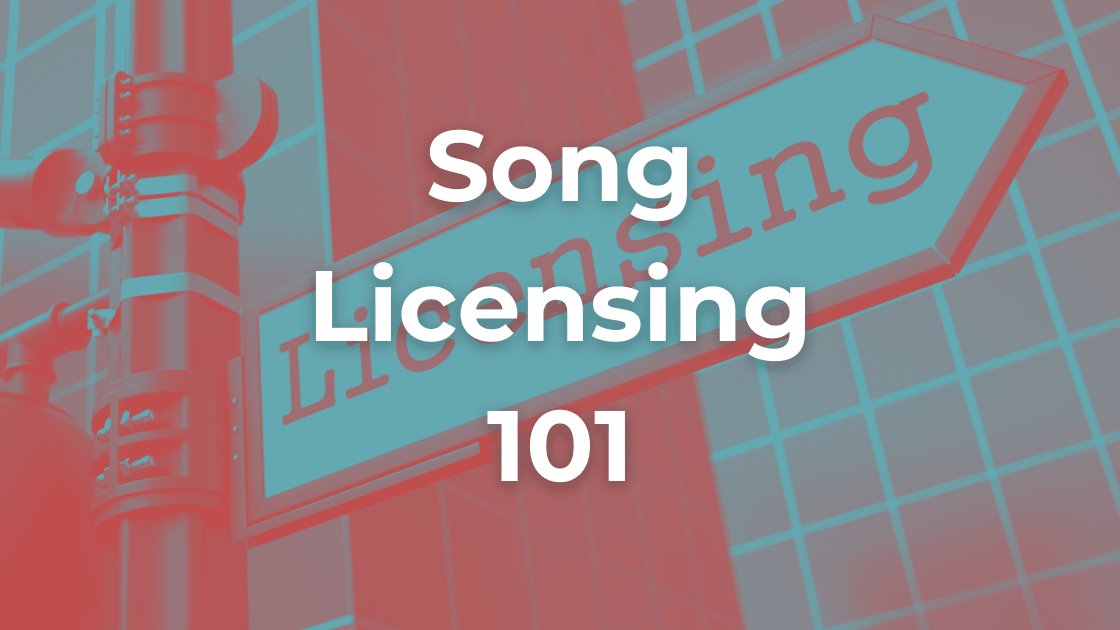

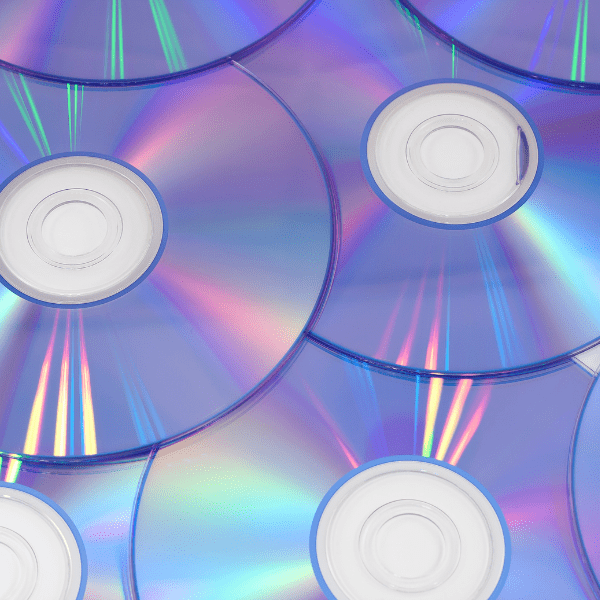

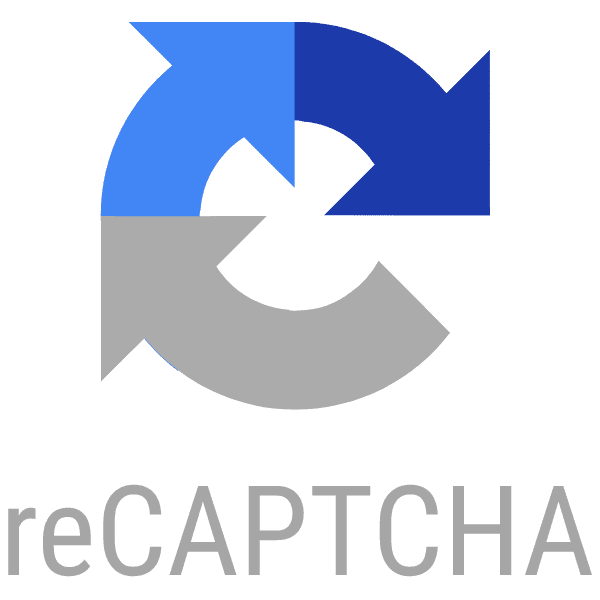
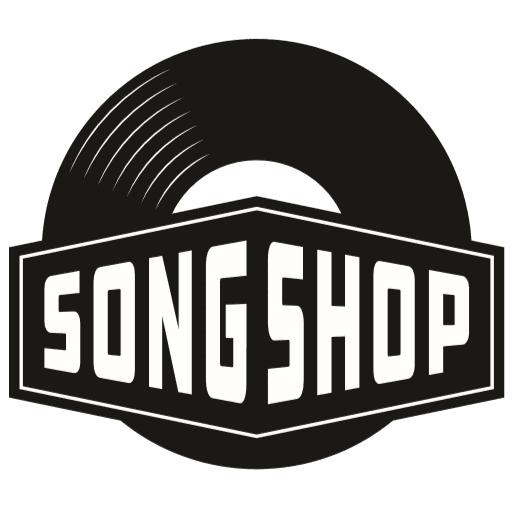
One Response
Very informative interesting blog.
Distinguishing the different types of licensing and easy to follow.
Thank you